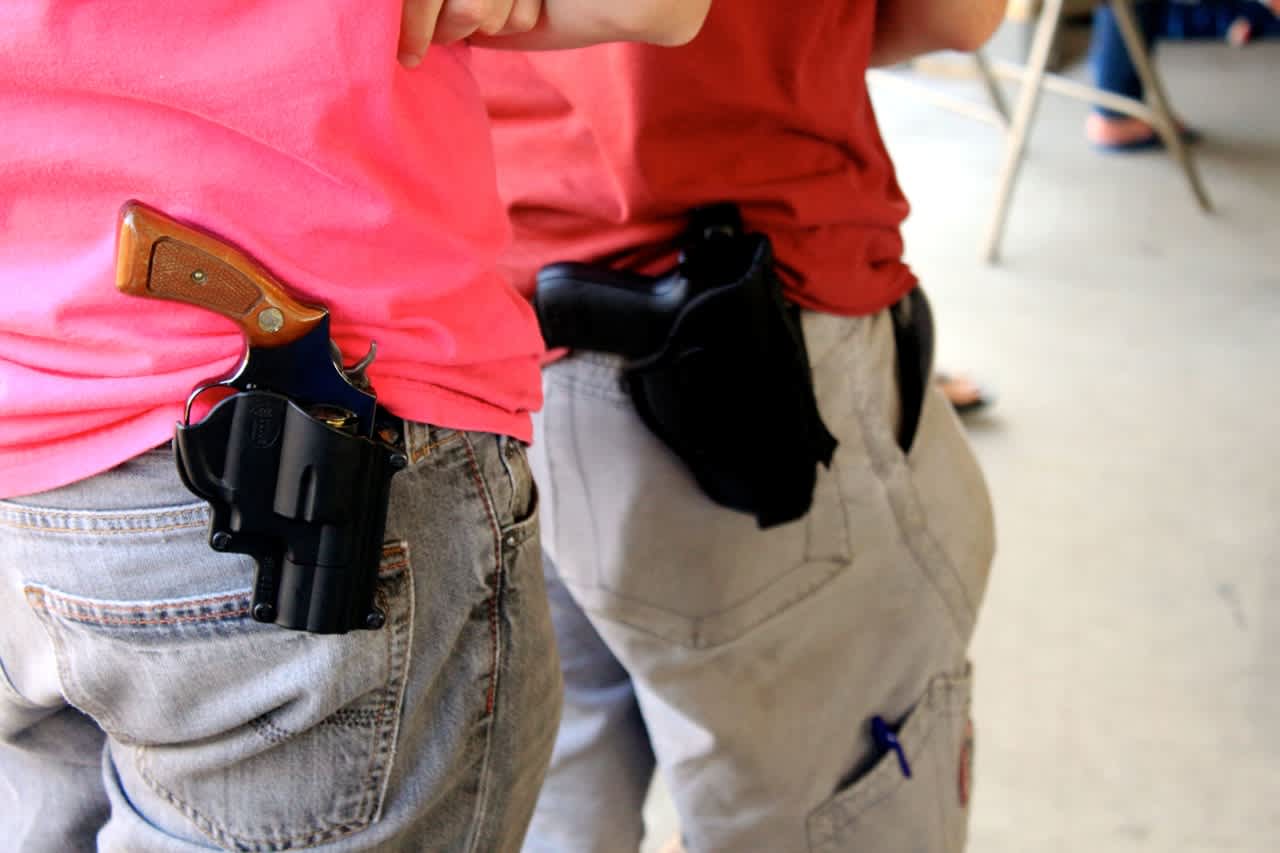Virginia to End Concealed Carry Reciprocity with 25 States
OutdoorHub Reporters 12.22.15

Starting February 1, Virginia will no longer honor concealed carry permits from 25 other states that currently have reciprocity agreements with the commonwealth. The decision came after a months-long audit process by the attorney general’s office, in which it was determined that most of the 30 states that have reciprocity agreements with Virginia also have significantly weaker concealed handgun regulations.
Attorney General Mark R. Herring announced the change on Tuesday.
“To ensure Virginia’s law and safety standards for concealed handgun permits are applied evenly, consistently, and fairly, I have recommended the State Police terminate the reciprocity agreements with 25 states whose laws are not adequate to prevent issuance of a concealed handgun permit to individuals that Virginia would disqualify,” Herring said in a statement on Tuesday. “The State Police has accepted that recommendation and has begun sending letters to the 25 states informing them that as of February 1, their permits will no longer be recognized by Virginia.”
Reciprocity agreements allow gun owners to freely travel between state lines without worrying about state laws regarding concealed carry—although municipalities may still have different laws. Gun control supporters have long worked to curtail reciprocity agreements between states, making today’s announcement a significant blow for gun rights advocates. According to Herring, the affected states include several that neighbor it, such as North Carolina, Kentucky, and Tennessee. Gun owners from these states will likely be among the most affected by the end of the reciprocity agreements.
“To me, this is a commonsense step that can help make Virginians and our law enforcement officers safer by ensuring that our concealed carry laws and safety standards apply to everyone in Virginia, whether they are a resident or a visitor. Strong, consistent enforcement of Virginia’s laws and safety standards can prevent disqualified people who may be dangerous or irresponsible from utilizing a concealed handgun permit, and it’s what the law requires.” Herring added. “Our General Assembly has already identified who can and cannot conceal their handguns in Virginia. Those standards should apply to everyone in Virginia equally, at all times. They should not be undermined by wrongly recognizing permits from other states with more permissive standards.”
It is not the first time this year that Virginia has seen new, strict gun control measures. Governor Terry McAuliffe drew criticism in October when he issued an executive order that banned open carry in government buildings. McAuliffe and his administration have been accused of trying to push anti-gun measures in recent years, including advocating for so-called “universal” background checks.
In contrast, nearby states such as West Virginia have been trying to introduce laws that are beneficial for gun owners. West Virginia lawmakers are expected to reintroduce a bill that would allow permit-less concealed carry next year.
Gun owners who visit Virginia must now apply for a separate non-resident permit if they intend on practicing concealed carry in the state.
According to the attorney general’s office, the states affected are:
- Alaska
- Arizona
- Arkansas
- Delaware
- Florida
- Idaho
- Indiana
- Kansas
- Kentucky
- Louisiana
- Minnesota
- Mississippi
- Montana
- Nebraska
- New Mexico
- North Dakota
- North Carolina
- Ohio
- Pennsylvania
- South Carolina
- South Dakota
- Tennessee
- Washington
- Wisconsin
- Wyoming
In response, Florida, Louisiana, North Dakota, Pennsylvania, South Carolina, and Wyoming will no longer recognize Virginia concealed carry permits since their reciprocity laws require mutual recognition.
The states not affected by the change are West Virginia, Michigan, Oklahoma, Texas, and Utah.

